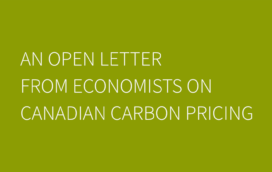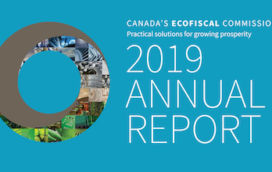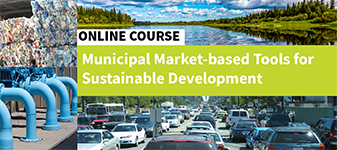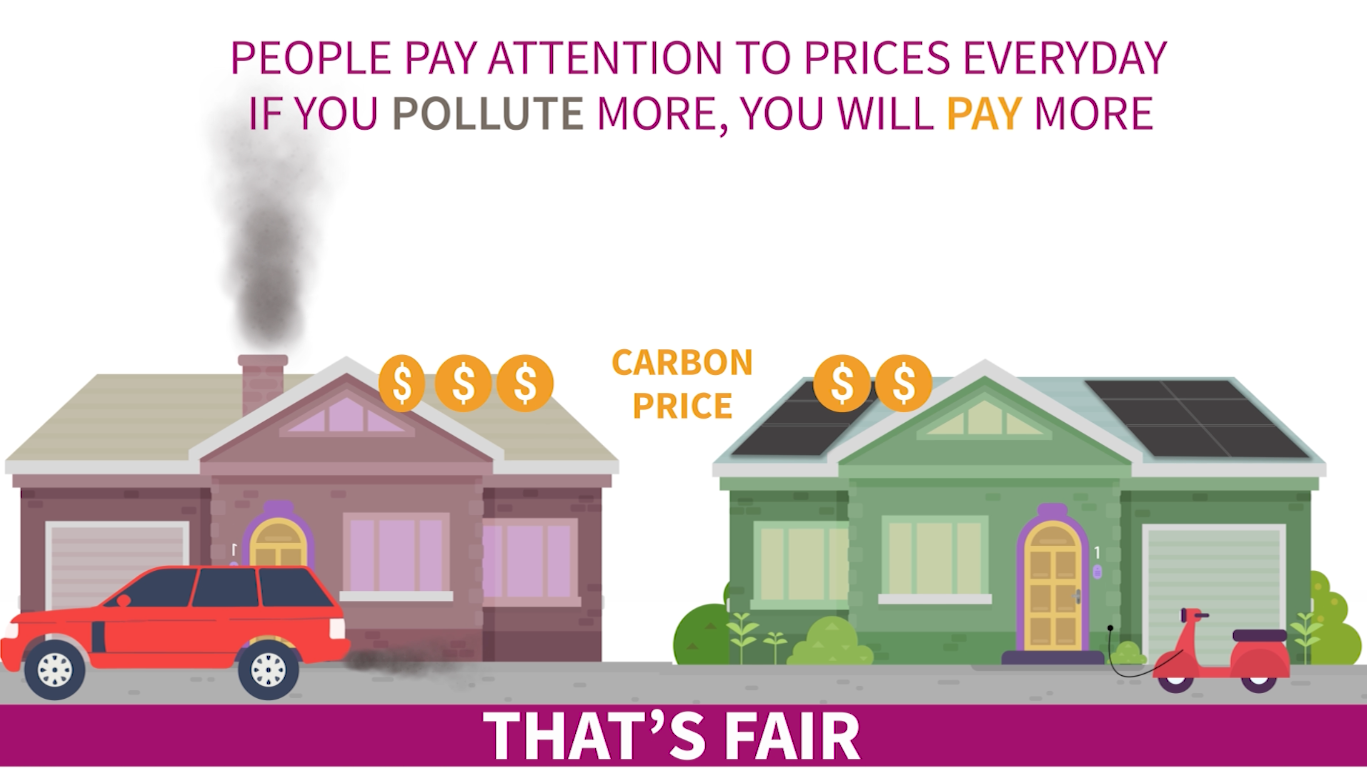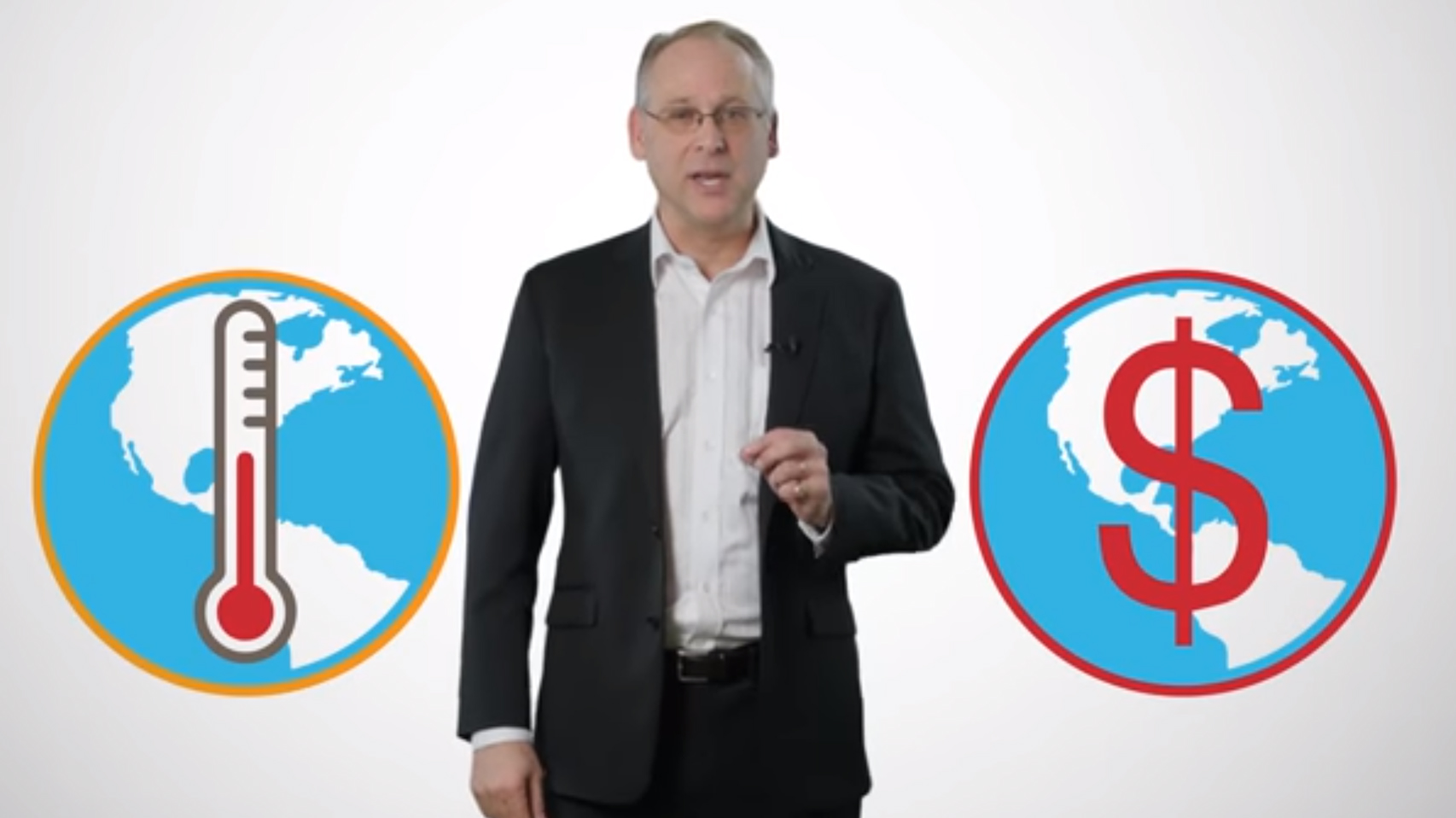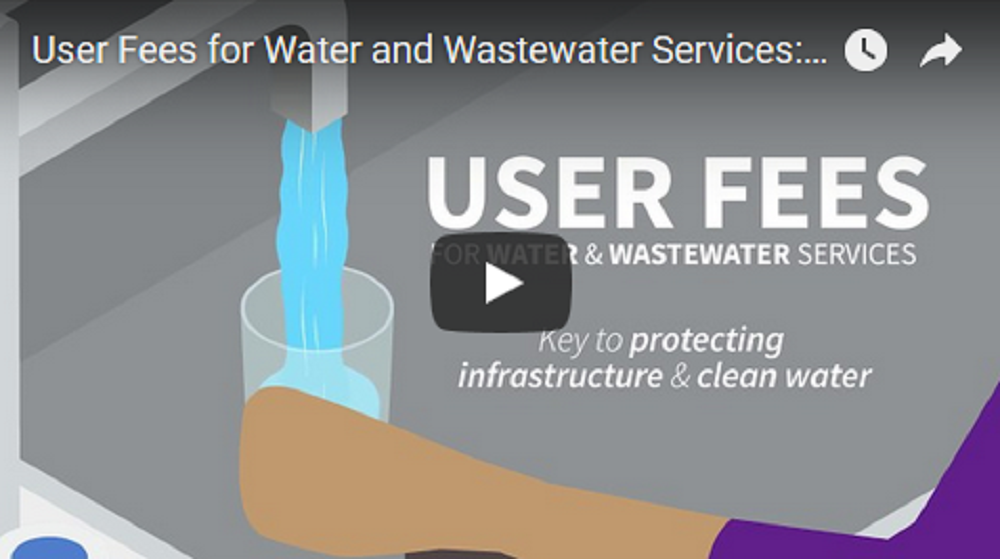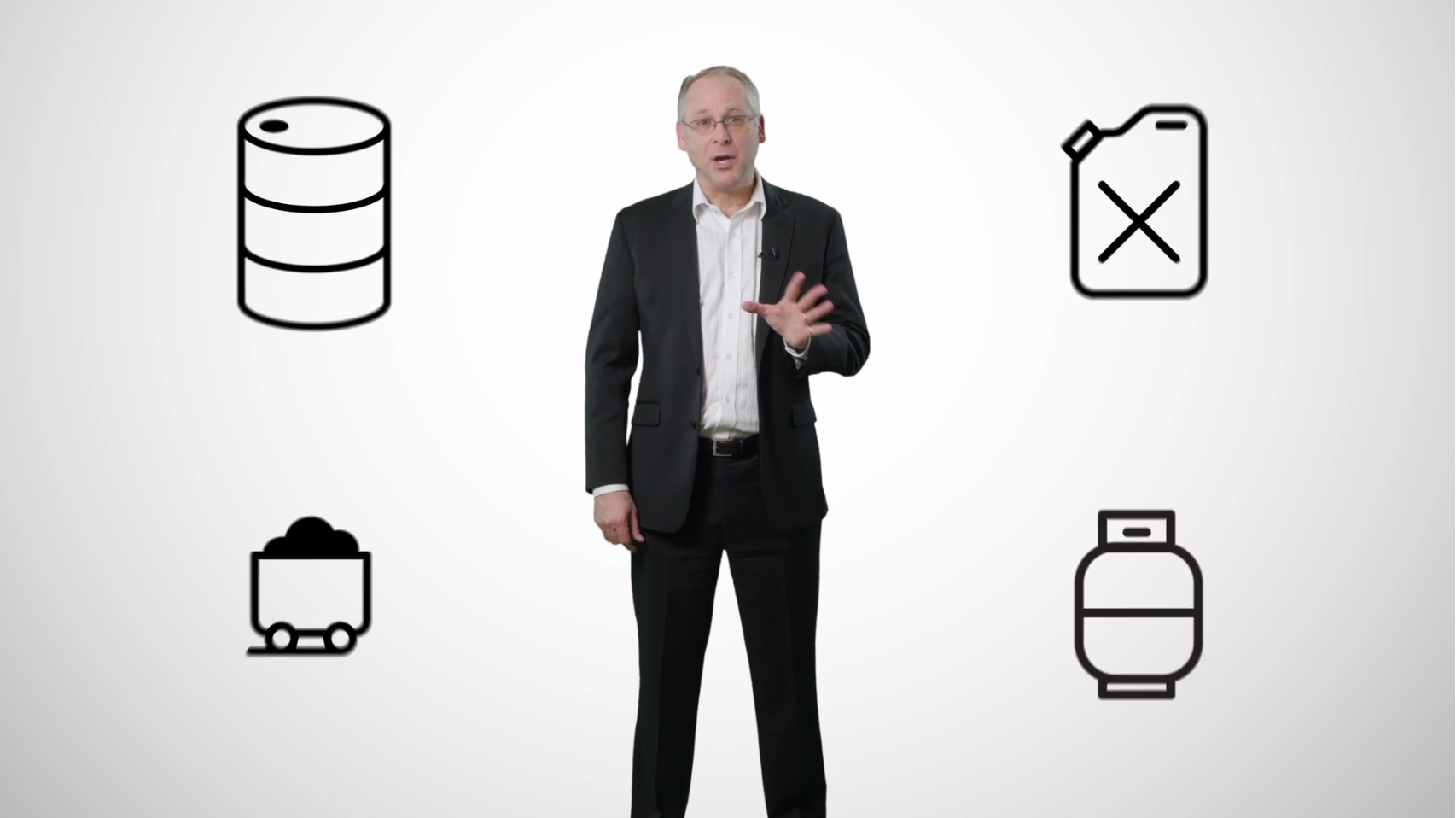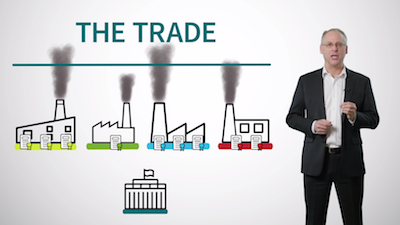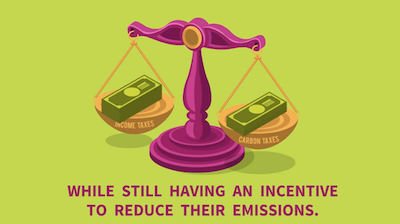ec•o•fis•cal policy /ekōˈfiskəl/ adj.
An ecofiscal policy corrects market price signals to encourage the economic activities we do want (job creation, investment, and innovation) while reducing those we don’t want (greenhouse gas emissions and the pollution of our land, air, and water).
New Research
In its final report, the Ecofiscal Commission takes a closer look at Canada’s options for achieving its 2030 greenhouse gas emissions target. To reduce costs, carbon pricing should play a central role. To achieve our GHG target, carbon prices should continue to rise. Other policy approaches, though less visible, are more costly for Canadians.
A climate change plan without a price on carbon is like a house without a foundation. Sure, it can do the job, but you’ll take on a lot of unnecessary costs. Pollution pricing works. It’s working around the world. It’s working here in Canada.
Latest Blog Posts
Carbon Pricing Portal
Carbon Pricing Research Carbon Pricing Q&As Carbon Pricing Fast FactsCourses & Events
Latest Videos
Canada’s Ecofiscal Commission
Practical solutions for growing prosperity
 Livable Cities
Livable Cities
Traffic congestion, overflowing landfills, and urban sprawl—these are some of the biggest challenges facing Canadian cities. We look at how new policies can make urban life more livable. Learn more.
 Climate and Energy
Climate and Energy
From carbon pricing to energy subsidies, we analyze the policy opportunities and challenges defining Canada’s climate and energy landscape today. Learn more.
 Water
Water
Can you put a price on clean water? We examine new Canadian policy solutions for water pollution, over-consumption, and infrastructure. Learn More.
Meet the people behind the Commission
Can pricing pollution really be good for the economy?
Here's what some of our commissioners had to say.
Jim Dinning
former treasurer of AlbertaThis is about showing governments that sensible policy tools can reduce pollution and greenhouse gas emissions while helping the economy—and also be consistent with their provincial priorities.

Jean Charest
Former Premier of QuebecSmart policy means using revenue from pollution fees to reduce taxes in a way that encourages job creation and gives money back to families.

Steve Williams
President and CEO, Suncor EnergyWe need to be thinking about how to stay competitive not just in five or 10 years, but also in 20 and 50 years. The Commission is focusing on solutions that will make Canadian industries more competitive in a rapidly changing global economy.

Paul Martin
former Prime Minister of CanadaCanadian competitiveness concerns require making smart ecofiscal decisions, not delaying them.

Michael Harcourt
Former premier of B.C. and mayor of VancouverIf we do it right, these policies will protect the most vulnerable Canadians. This is about being smart in our policy choices—but it’s also about being fair.



